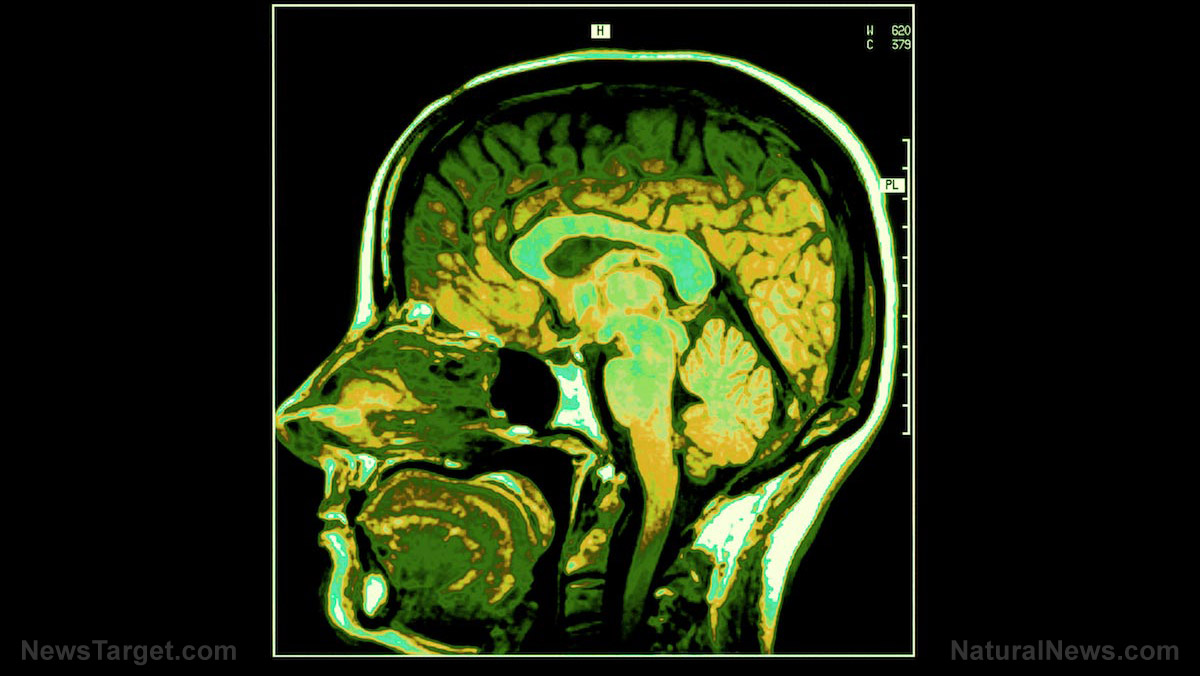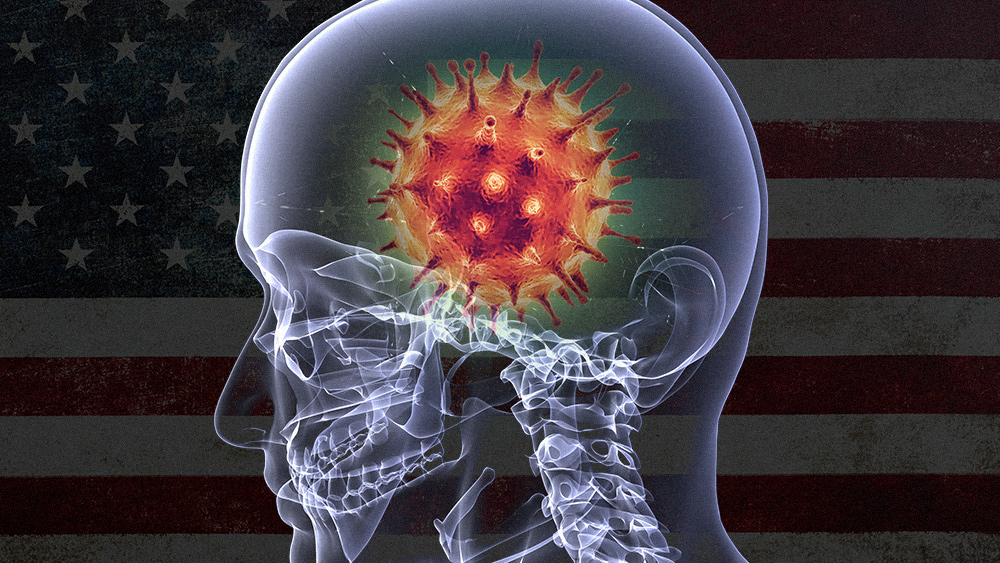
To accomplish this, researchers collected fecal samples from all the participants and measured their brain activity using a MRI scan as they viewed images that evoked an emotional response. The women were grouped according to the gut bacteria found in their feces. Thirty-three of them were recorded to have a bacterium called Bacteroides, while the remaining seven had the bacteria strain Prevotella. Surprisingly, the Bacteroids group were measured to have thicker gray matter in the frontal cortex and insula -- regions of the brain that are associated with the processing of information. The Prevotella group, on the other hand, displayed more neural connections linked to emotional, attention, and sensory brain regions. Yet, this group also showed to have less active hippocampi, which is responsible for the processing of long term memory and how people respond to emotional situations. As expected, the Prevotella group reported to experience higher levels of negative feelings such as anxiety, irritability, or distress when looking at the photos.
These results support the age-old assumption that there is a connection between gut microbes and emotional response. Previous data studied the link in animal models, but there has been very little evidence on the connection in humans so far.
The team has said that their results do not determine if the bacteria in the gut influenced the development of the brain or if existing differences in the brain disrupted gut bacteria production. Either possibility, however, does suggest a relationship between the two.
These results were published in Psychosomatic Medicine.
The brain-gut connection
There is mounting evidence that indicates that the gut is the “second brain.” Scientists and medical professionals alike are now seeing how the gut can affect and be affected by brain processes. Research is now suggesting that gut microbiota or gastrointestinal conditions (such as irritable bowel syndrome) can lead to mental illnesses such as depression or anxiety.
The enteric nervous system (ENS) is composed of more than 100 million nerve cells that line the gastrointestinal tract from the esophagus to rectum, as defined by Johns Hopkins Medicine. Dr. Jay Pasricha, who has extensively studied the ENS and its connections to mood, said on the medical group’s website, “For decades, researchers and doctors thought that anxiety and depression contributed to [functional bowel problems such as constipation, diarrhea, bloating, pain, and stomach upset]. But our studies, and others, show that it may also be the other way around.” Dr. Pasricha said that evidence says that when the gastrointestinal system is irritated (either due to a disease or poor diet), it sends signals to the central nervous system (CNS) which inevitably changes mood.
Dr. Pasricha explained that this connection “may explain why a higher-than-normal percentage of people with [irritable bowel syndrome] and functional bowel problems develop depression and anxiety.”
Recognizing the connection, health experts say, can lead to better treatments and prevention plans. More importantly, it could empower patients to take a closer look at their lifestyle habits, particularly with their diet. An ample and daily intake of fruits, vegetables, nuts, and other healthful foods could significantly reduce their risk of developing mental conditions.
Given that many prescription medicines for mental illnesses have numerous side-effects (many of which can actually lead to more severe physical conditions if not treated early), transitioning to a healthier lifestyle could prove to be an easier (and less expensive) treatment.
You can find more articles like this when you visit Nutrients.news.
Sources include:
Please contact us for more information.






















